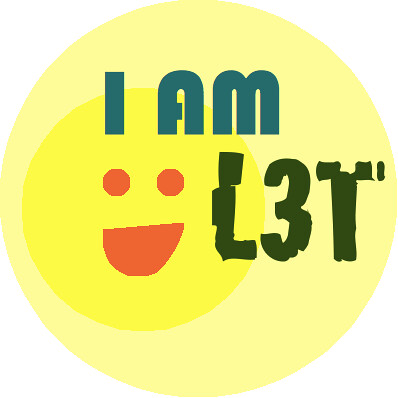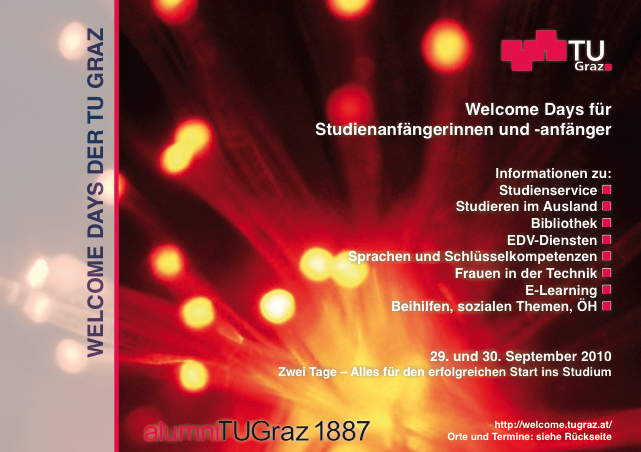Our publication at this year World Computer Congress about „All I need to know about Twitter in Education I learned in Kindergarten“ is now online as draft version available.
Abstract:
Share everything.
Play fair.
Don’t hit people.
Put things back where you found them.
Clean up your own mess.
Don’t take things that aren’t yours.
Say you’re sorry when you hurt somebody.
Wash your hands before you eat.
Flush.
Warm cookies and cold milk are good for you.
Live a balanced life – learn some and think some and draw and paint and sing and dance and play and work every day some.
Take a nap every afternoon.
When you go out into the world, watch out for traffic, hold hands and stick together.
Be aware of wonder.
Reference: Reinhardt, W., Wheeler, S., Ebner, M. (2010), All I need to know about Twitter in Education I learned in Kindergarten, N. Reynolds and M. Turcsányi-Szabó (Eds.): KCKS 2010, IFIP AICT 324, pp. 322–332, 2010


